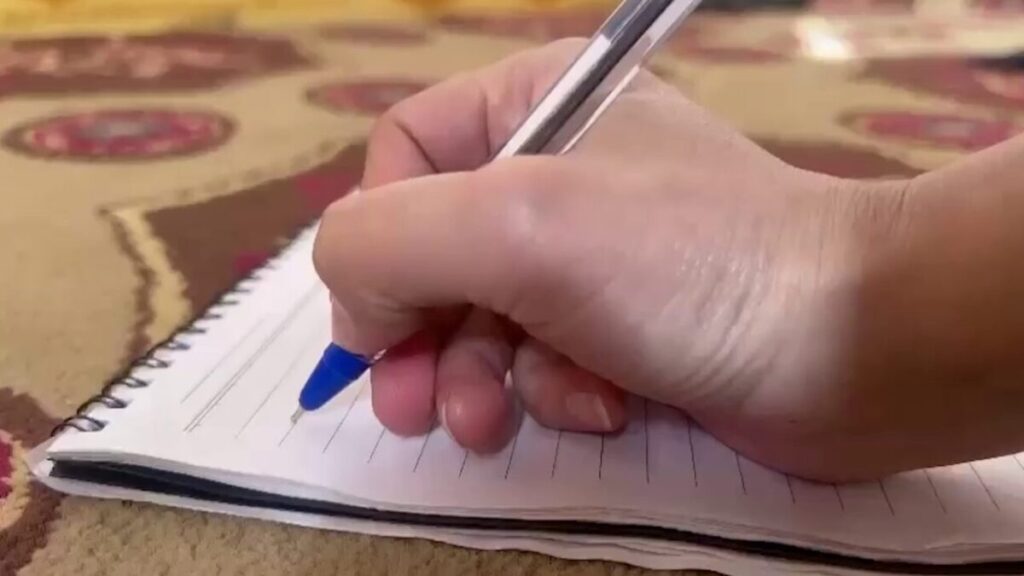HERAT, Afghanistan — Girls and young women in Herat say the Taliban’s latest ban on education has destroyed their remaining hopes for learning and self-improvement. The Taliban’s provincial Directorate of Education recently issued a directive barring girls above sixth grade from attending private education centers, further tightening restrictions on female education in Afghanistan.
Maryam, a fourth-year medical student who had dreamed of becoming a doctor, described the profound despair caused by the Taliban’s policies. After universities were closed to women, she enrolled in a medical training center and an English language institute. However, in the past month, those options were also taken away.
“Schools, universities, and training centers are all closed to us,” she said. “Every path we try to take is blocked the next day. The government is forcing us into isolation. We have done nothing wrong except to dream of a better future, and our only fault is being girls. I urge the authorities to give us the same right to education that they give their own children.”
Widening restrictions
Rahmatullah Jaber, the Taliban’s director of education in Herat, confirmed the directive in a letter, citing a decree from the Taliban’s supreme leader, Hibatullah Akhundzada. The letter ordered the prohibition of education for girls above sixth grade in all private education centers across the province.

The move comes after the Taliban’s earlier bans on girls’ secondary and university education, which led many to seek alternative learning opportunities, such as language classes and art programs. For many, these centers were a last refuge of hope and purpose.
Ferdina, a student who had been attending a language course, expressed her frustration.
“Going to these courses gave us new hope and a sense of purpose,” she said. “But now even that has been taken away. It’s natural for girls in this situation to feel depressed and anxious. We ask the Taliban to reverse this decision and reopen the centers.”
A recurring pattern
This is not the first time the Taliban have imposed such restrictions. Last year, Herat’s private education centers were temporarily closed to girls due to allegations about male teachers instructing female students. Although those centers eventually reopened, the latest directive is far broader in scope and appears indefinite.
In December, the Taliban also prohibited women from pursuing medical studies, participating in university entrance exams, and joining professional medical boards. The cumulative effect of these measures has further marginalized Afghan girls and women, leaving them with dwindling options for education and professional development.

The Taliban’s relentless crackdown on female education has deepened the despair among Afghan girls, many of whom once harbored dreams of a brighter future.
“Their policies are extinguishing every light of hope,” Maryam said. “All we want is the right to learn and grow, but now every door is shut, leaving us with nothing but uncertainty.”
The international community has repeatedly condemned the Taliban’s policies, calling for the immediate restoration of girls’ and women’s access to education. Yet, for the young women in Herat, the reality remains grim, with no clear path forward in sight.




